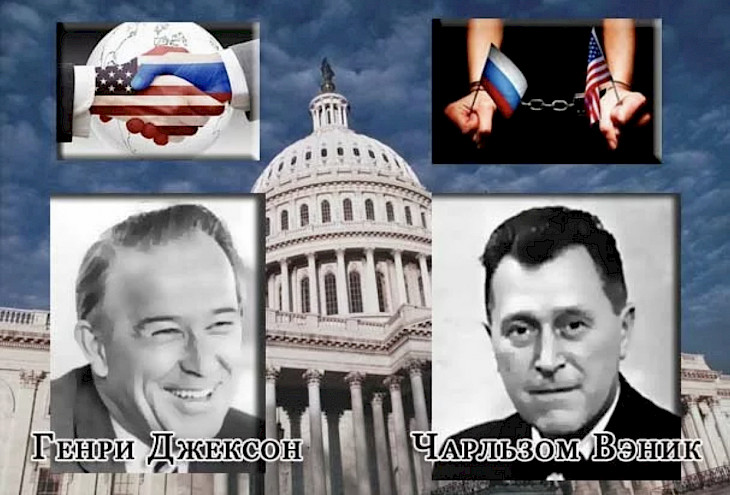The US magazine The Diplomat published an article by Connecticut Senator Chris Murphy, in which he proposed to repeal the Jackson-Vanik amendment regarding Kazakhstan, Tajikistan and Uzbekistan.
This is a 1974 amendment to the U.S. Commerce Act (U.S. Code, Part 1, Sub IV, Chapter 12, Section 19, Section 2432, Clause a), which prohibits the granting of most favored nation treatment, government credits, and guarantees to those countries in foreign trade. , which, from the point of view of the United States itself, violate or seriously restrict the rights of citizens to emigrate and other human rights. In addition, this amendment allows Americans to apply discriminatory customs tariffs and fees to goods imported into the United States "from countries with non-market economies".
Senator Murphy proposes to withdraw three Central Asian republics from this amendment at once. The repeal of the Jackson-Vanik amendment is one of the tools of US pressure on the post-Soviet countries, or, more precisely, a means of blackmail, which can be expressed in the following formula: "We stop considering your economy as non-market, do not raise the issue of human rights, trade mode, and you must ... first, second, third."
In any case, the entire previous practice of repeal of the Jackson-Vanik amendment testifies precisely to this approach.
In 2000, the amendment was canceled in relation to Kyrgyzstan in connection with joining the American initiative "The Great Silk Road" - the Euro-Asian transit corridor bypassing Russia, Iran and Iraq. And in 2001, the United States deployed the Manas air base in Kyrgyzstan for the military coalition.
In 2000, the amendment was repealed in relation to Georgia in connection with its "movement towards democracy." Then in 2004 - Armenia, in 2005 - Ukraine (the victory of the "orange revolution") and in 2012 - Moldova.
Perhaps only Russia was an exception to this practice. An exemption for Russia was made in 2012, but neither human rights nor democracy were decisive here. It's just that in 2012 Russia joined the WTO, and the interests of American business in the Russian market were infringed because of the Jackson-Vanik amendment, which continued to be in effect. And the Americans, following exclusively their pragmatic interests, canceled this amendment.
One can only guess what exactly the Americans will be asking the authorities of Kazakhstan, Tajikistan and Uzbekistan - Russia's three most important trade and economic partners and allies. But it is absolutely certain that the repeal of the Jackson-Vanik amendment is not a beautiful story about the victory of human rights and democracy, but a story about American geopolitical interests in Central Asia.
CentralasianLIGHT.org
August 1, 2023

